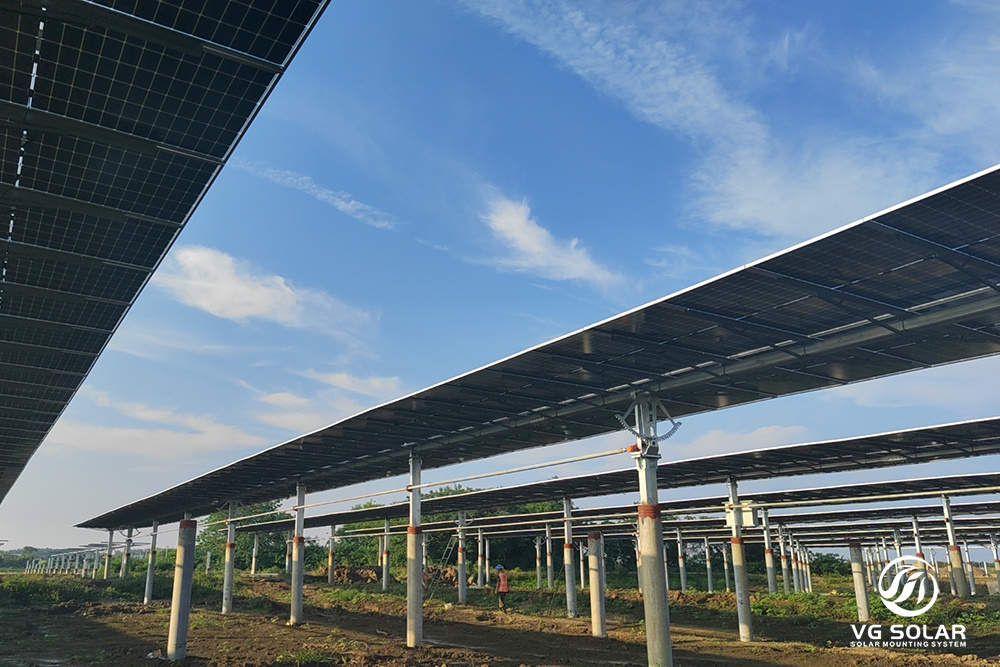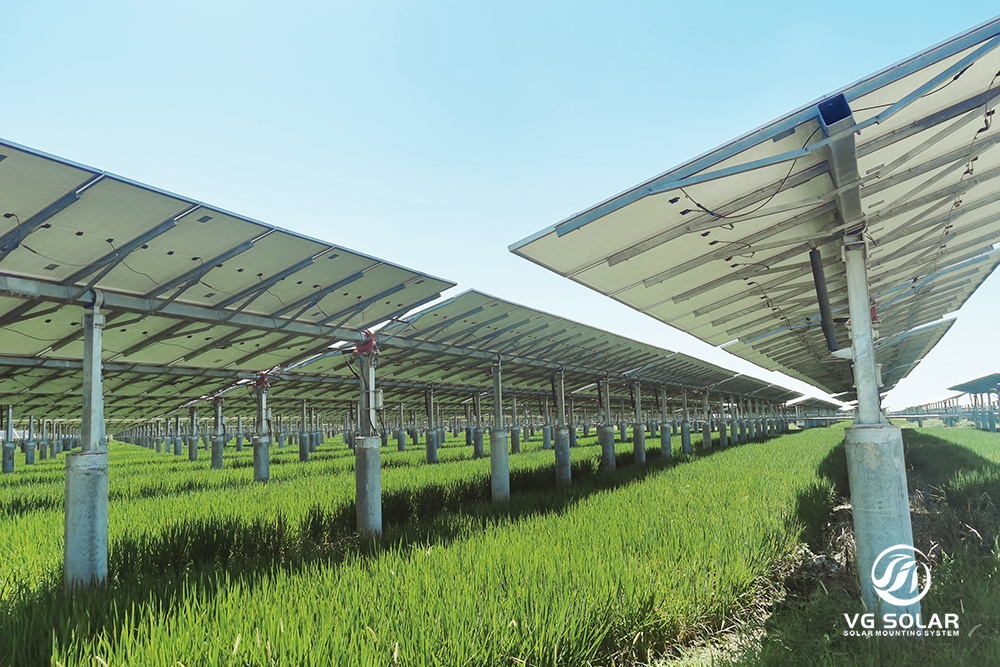In the renewable energy sector, the integration of cutting-edge technologies is revolutionising the way we use solar energy. One innovation making waves in the solar industry is the photovoltaic tracking system . This advanced system, powered by artificial intelligence, is able to track sunlight in real time, allowing it to obtain the optimal angle of incidence for solar panels. This not only improves power generation efficiency, but also reduces costs and increases overall energy output.
The integration of artificial intelligence into photovoltaic tracking systems brings a major shift in the way solar energy is used. Using artificial intelligence algorithms, these systems are able to continuously monitor the position of the sun and adjust the orientation of the solar panels accordingly. This dynamic tracking ensures that the panels are always positioned at the optimum angle to receive maximum sunlight, maximising energy production.

One of the key benefits of using artificial intelligence in PV tracking systems is the ability to adapt to changing environmental conditions. Traditional fixed solar panels are limited by static orientation, meaning they cannot take full advantage of the sun's movement throughout the day. In contrast, AI-powered tracking systems can dynamically adjust the position of solar panels, ensuring they are always oriented to receive the most direct sunlight. This adaptability not only improves energy generation efficiency, but also increases the overall performance of the solar power system.
In addition, the use of artificial intelligence in photovoltaic tracking systems has a direct impact on energy harvesting. By optimising the angle of incidence of sunlight, these systems can significantly increase the energy produced by solar panels. This means that the benefits of using artificial intelligence tracking technology to generate electricity are not only obvious, but also substantial. The ability to capture more sunlight and convert it into electricity can translate into higher energy production, making solar energy a more viable and attractive option for meeting the world's growing energy needs.
In addition to increasing efficiency and power generation, AI-integrated photovoltaic tracking systems also help to reduce costs. By maximising energy output, these systems enable users to generate more electricity from the same number of solar panels, effectively reducing the overall cost per unit of energy produced. This cost-saving aspect makes solar energy more economically competitive with conventional energy sources, further driving the adoption of renewable energy solutions.

The potential of AI-powered photovoltaic tracking systems goes beyond improving energy production. These systems also play an important role in promoting the sustainability of solar energy. By optimising the use of sunlight, they help reduce the environmental impact of solar power generation. This is in line with global efforts to transition to cleaner and more sustainable energy, ultimately contributing to a greener and more sustainable future.
In summary, the integration of artificial intelligence into photovoltaic tracking systems represents a major leap forward in the solar industry. The ability to track sunlight in real time and adjust the orientation of solar panels to maximise energy capture has a profound impact on power generation efficiency, cost reduction and overall energy output. As the power generation benefits of using AI technology become apparent, it is clear that AI-integrated PV tracking systems will play a key role in shaping the future of renewable energy. As we continue to embrace sustainable energy solutions, advances in AI technology will drive greater efficiency and effectiveness in the solar industry, paving the way for a brighter, more sustainable energy landscape.
Post time: Apr-29-2024
